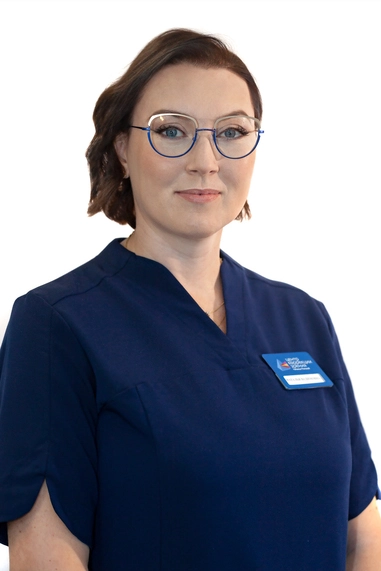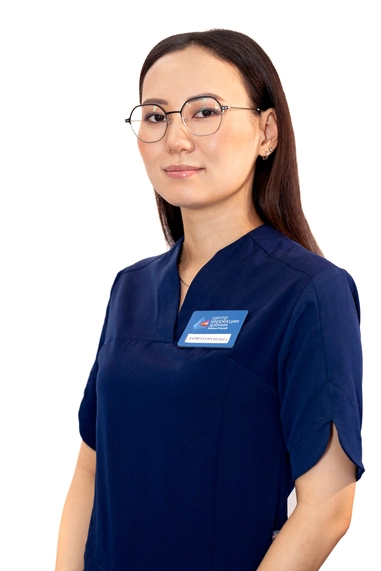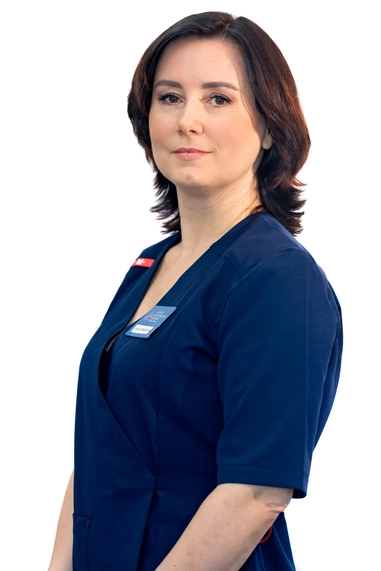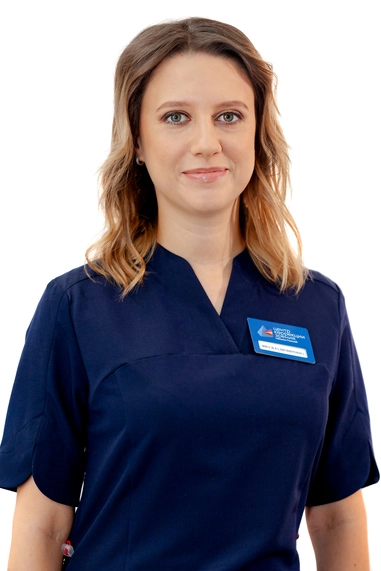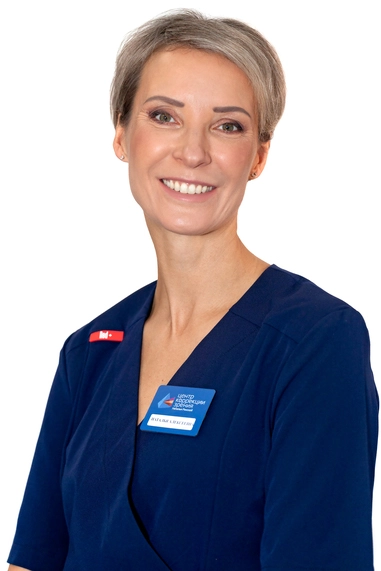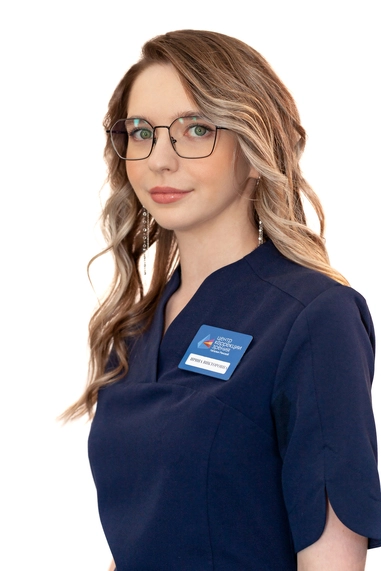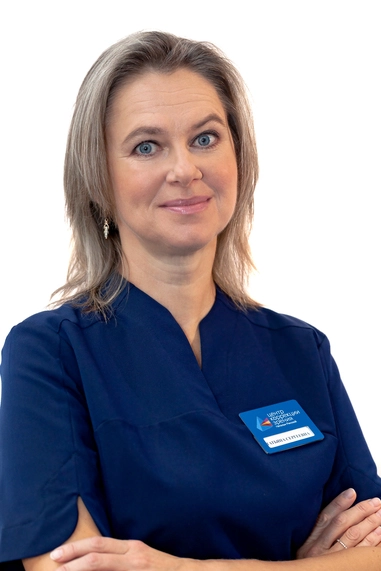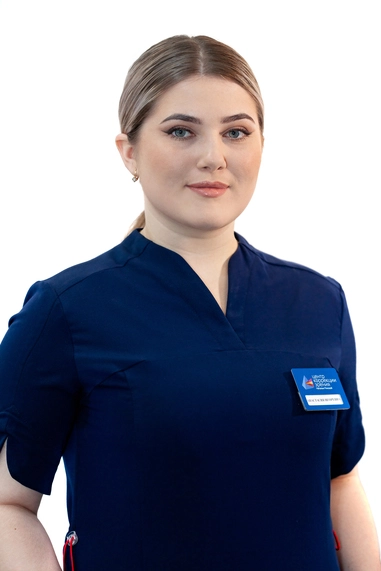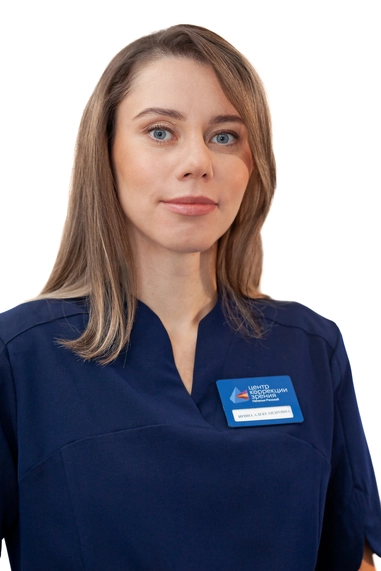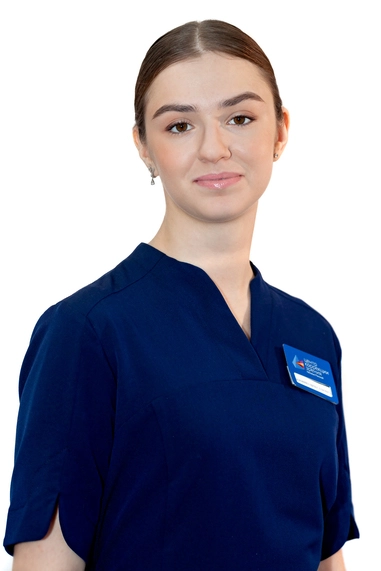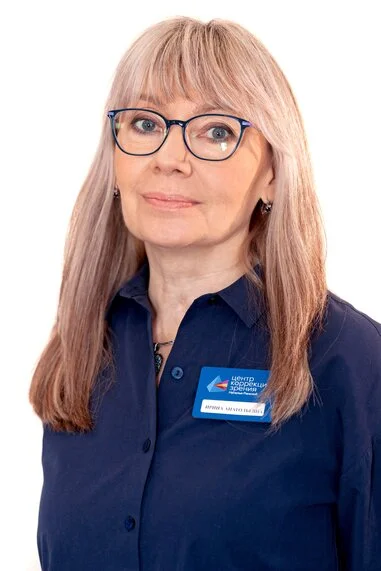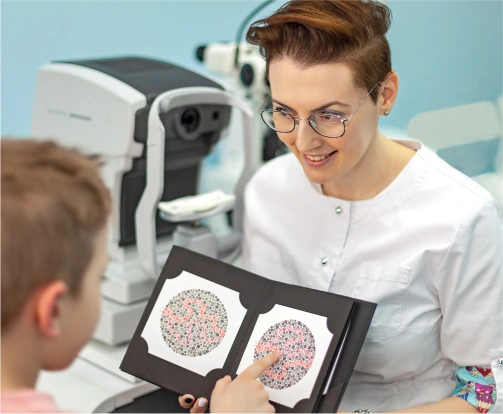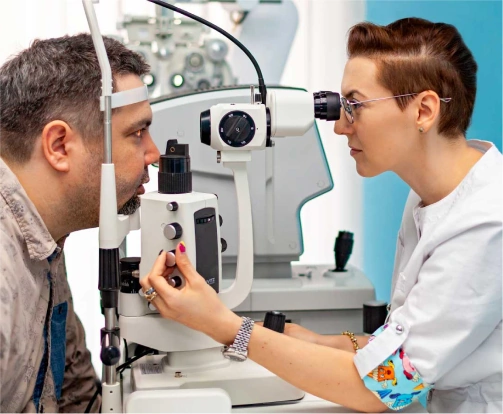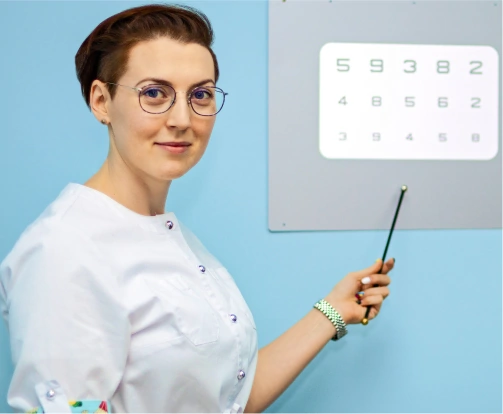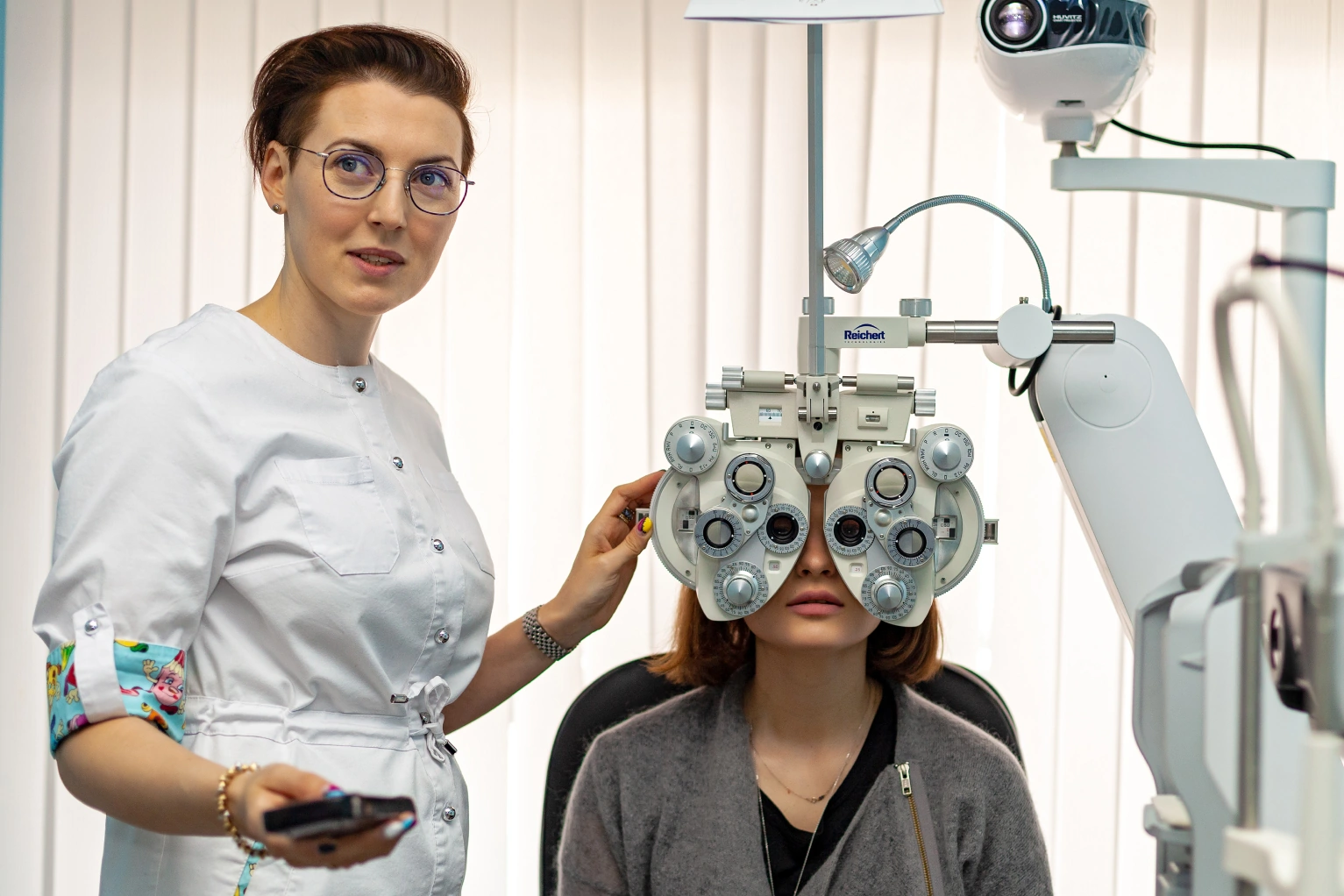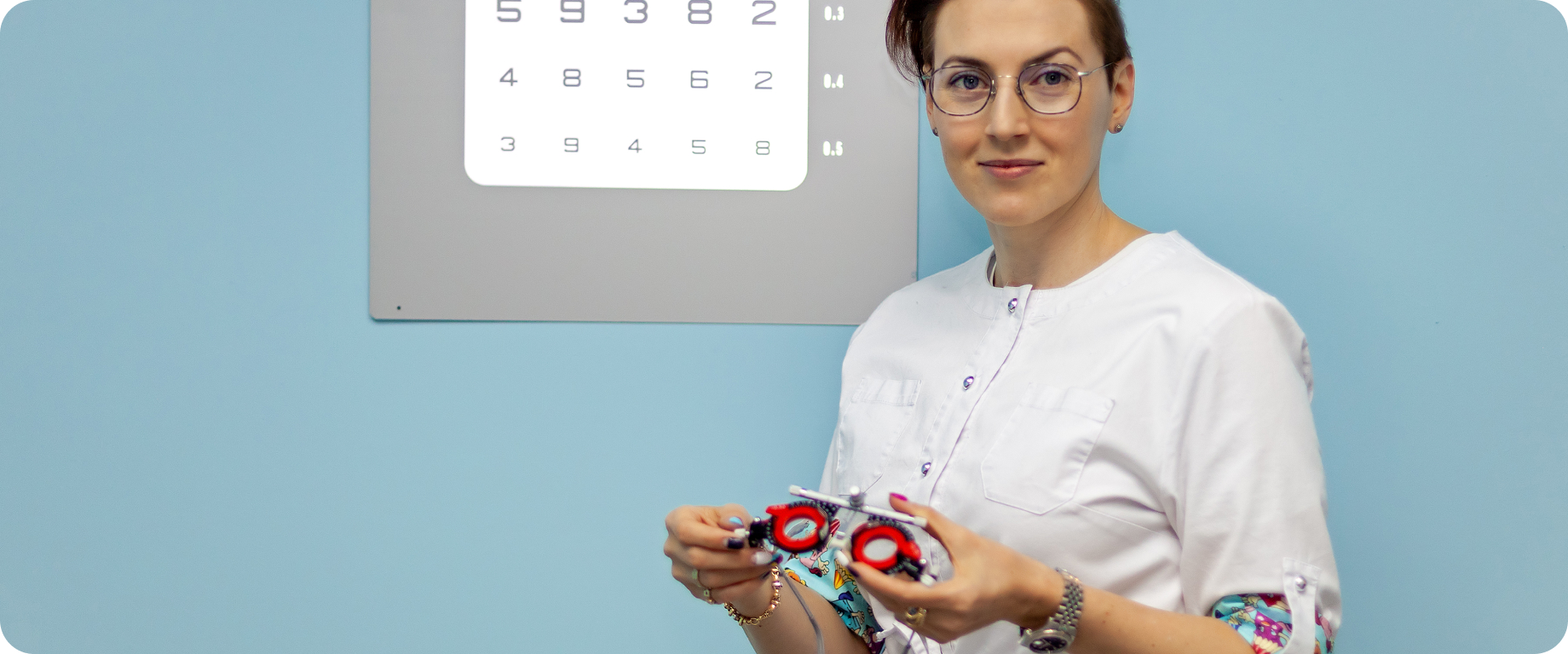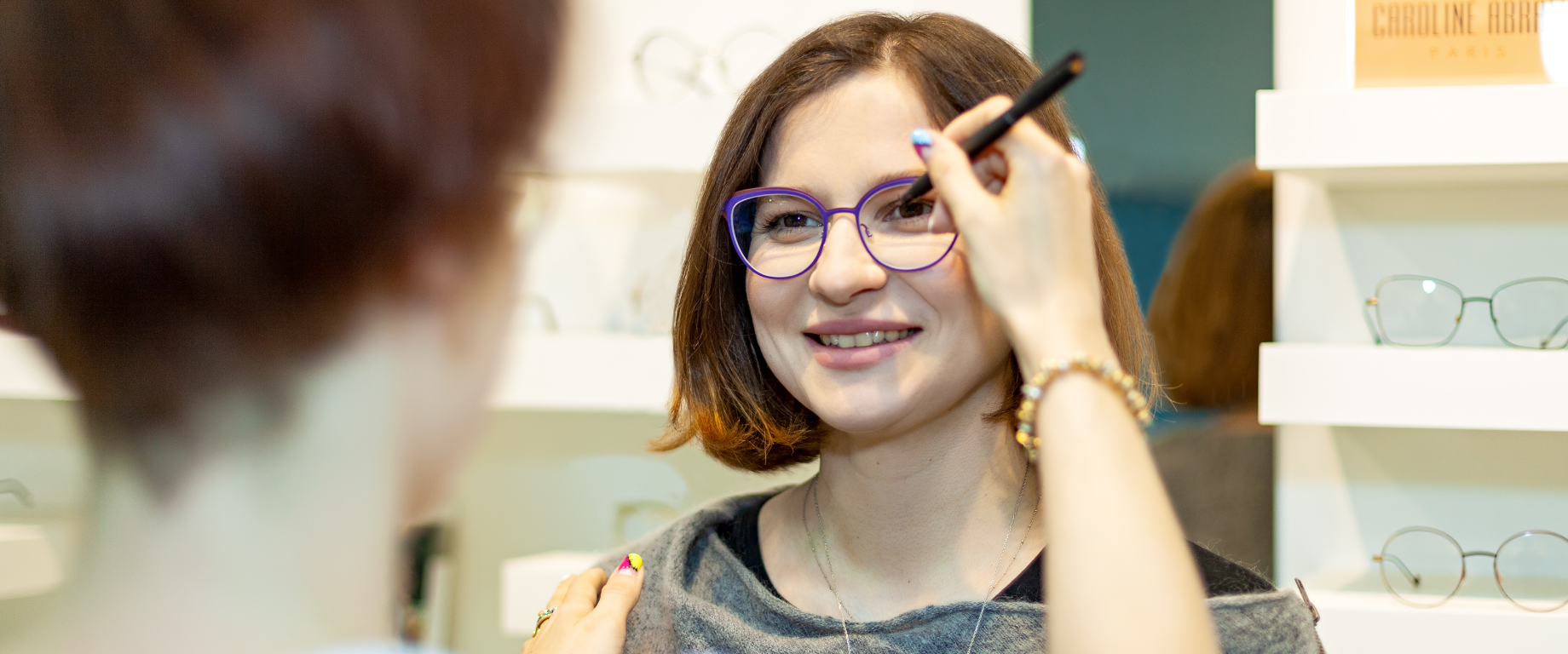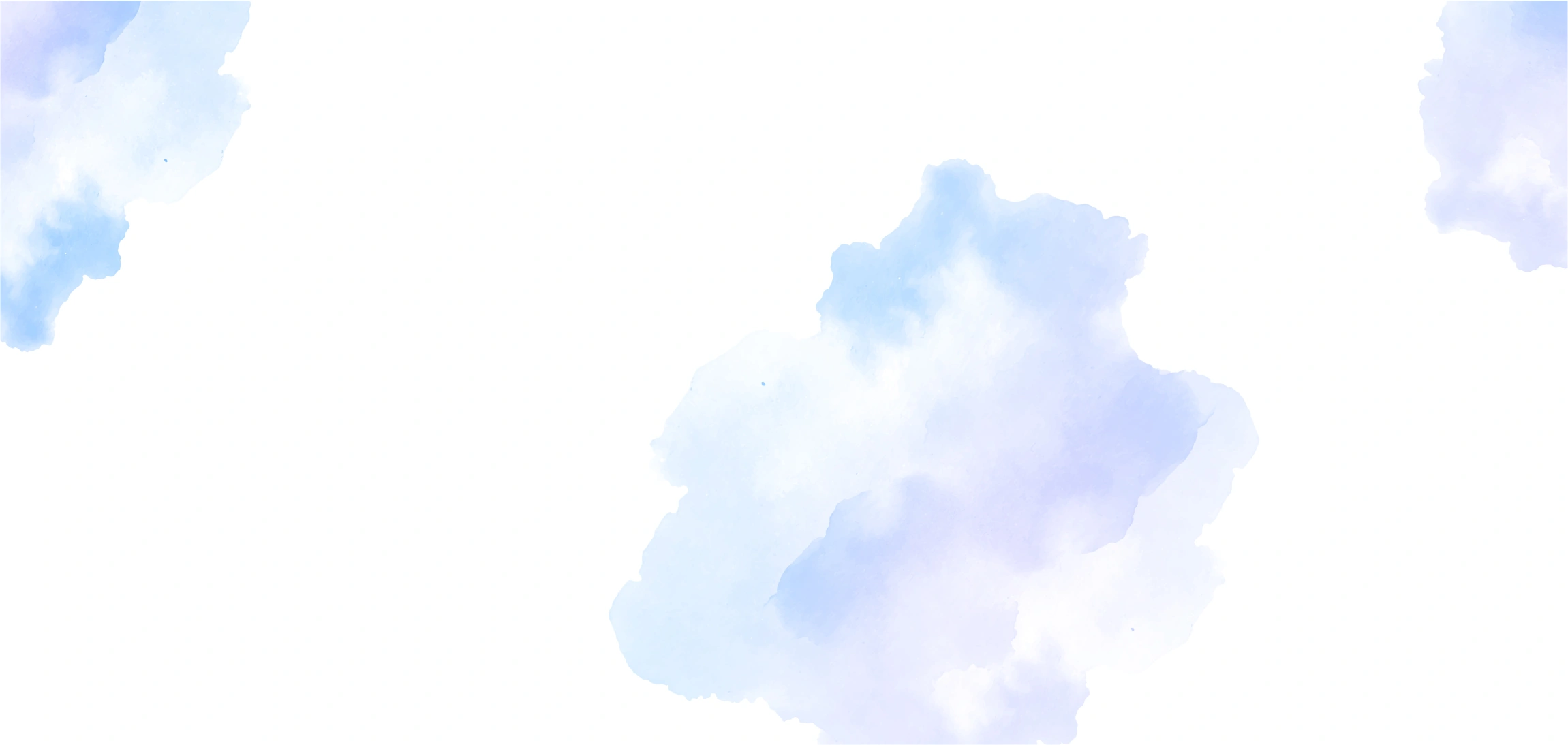
Natalia Rinsky Vision Correction Center
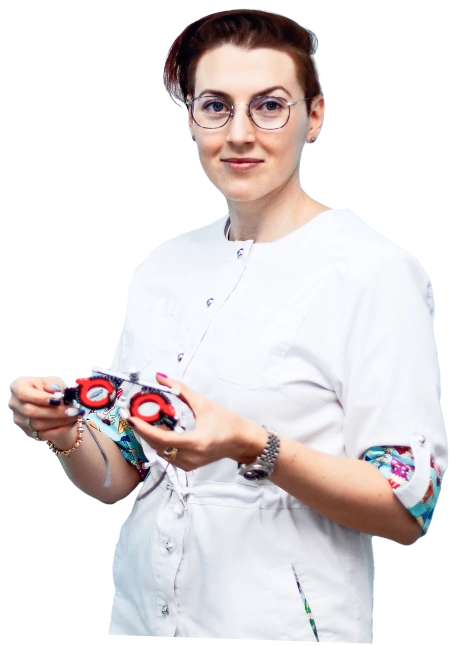
Medical services of the Centre for Vision Correction












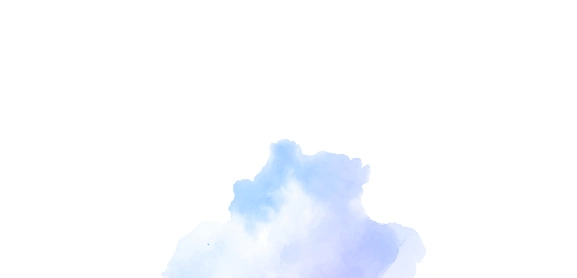

Diagnostics of the visual system allows
How is the initial consultation going on?
-
AnamnesisAt the beginning of the initial appointment, the specialists of our Center thoroughly collect the patient’s medical history (when the disorder manifested, what glasses were prescribed, what treatment has been carried out, etc.), then the patient’s complaints are identified. Most often, patients come to us suffering from: lack of clear vision at different distances, double vision (diplopia), asthenopia, headaches, eye strain while vision is engaged intensively, nausea, motion sickness, impaired concentration, decreased reading speed and many more.
-
Preliminary testsAt the beginning of the initial appointment, the specialists of our Center carefully collect the patient’s medical history (when the disorder began, what glasses were prescribed, what treatment was carried out, etc.), then the patient’s complaints are clarified. Most often, patients come to us suffering from: lack of clear vision at different distances, double vision (diplopia), asthenopia, headaches, eye strain, nausea, motion sickness, impaired concentration, decreased reading speed and much more.
-
Selection of far vision correctionAfter preliminary tests and objective refraction using an autorefractometer or retinoscopy, specialists move on to the subjective refraction stage. The best sphere is determined using the fogging method, and then, using cross-cylinders, the size and axis of the cylinder are determined. Afterwards, several tests are carried out to clarify these values, and the patient adapts to the correction in a trial frame.
-
Selection of prismatic correction (if required)At the beginning of the initial appointment, the specialists of our Center carefully collect the patient’s medical history (when the disorder began, what glasses were prescribed, what treatment was carried out, etc.), then the patient’s complaints are clarified. Most often, patients come to us suffering from: lack of clear vision at different distances, double vision (diplopia), asthenopia, headaches, eye strain, nausea, motion sickness, impaired concentration, decreased reading speed and much more.
-
Selection of near vision correction (if required)At the beginning of the initial appointment, the specialists of our Center carefully collect the patient’s medical history (when the disorder began, what glasses were prescribed, what treatment was carried out, etc.), then the patient’s complaints are clarified. Most often, patients come to us suffering from: lack of clear vision at different distances, double vision (diplopia), asthenopia, headaches, eye strain, nausea, motion sickness, impaired concentration, decreased reading speed and much more.
-
6. Choosing frames and design of lenses based upon the received prescription for glassesAt the beginning of the initial appointment, the specialists of our Center carefully collect the patient’s medical history (when the disorder began, what glasses were prescribed, what treatment was carried out, etc.), then the patient’s complaints are clarified. Most often, patients come to us suffering from: lack of clear vision at different distances, double vision (diplopia), asthenopia, headaches, eye strain, nausea, motion sickness, impaired concentration, decreased reading speed and much more.
-
7. Marking the optical center in the selected frame, measuring the pantoscopic angle and vertex distance in the frameAt the beginning of the initial appointment, the specialists of our Center carefully collect the patient’s medical history (when the disorder began, what glasses were prescribed, what treatment was carried out, etc.), then the patient’s complaints are clarified. Most often, patients come to us suffering from: lack of clear vision at different distances, double vision (diplopia), asthenopia, headaches, eye strain, nausea, motion sickness, impaired concentration, decreased reading speed and much more.
The examination will take no more than an hour, and your life will change to the better
Our specialists
The most modern and advanced high-tech equipmentt
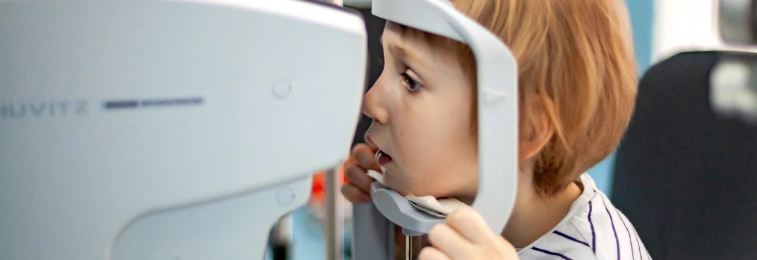
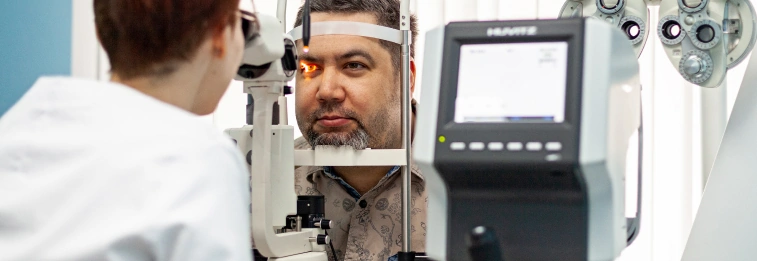
Natalia Rinsky and other specialists of our Center work according to the optometry protocols recognized world-wide, which are based only on scientifically proven methods.
Our Center occupies the ground floor with an area of 180 m². We have two diagnostic rooms (optometric and ophthalmological), three visual therapy cabinets and an optician`s practice at our disposal.
Certificates, awards, ratings
Natalia Rinsky is a recognized specialist in the field of optometry and binocular disorders, ambassador of optometry, lecturer, speaker of scientific forums in Russia and abroad.
Natalia Rinsky received her Bachelor's degree in Optometry from the Hadassah Academic Institute of Jerusalem (Israel), and continued her education at an Ivy League University (advanced courses at the University of Pennsylvania) and the City University of London.
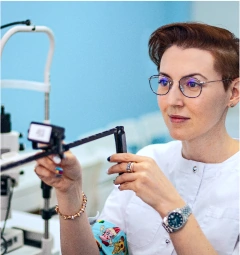

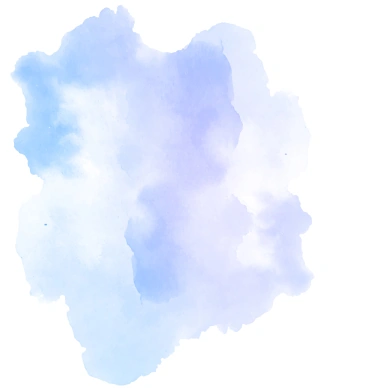
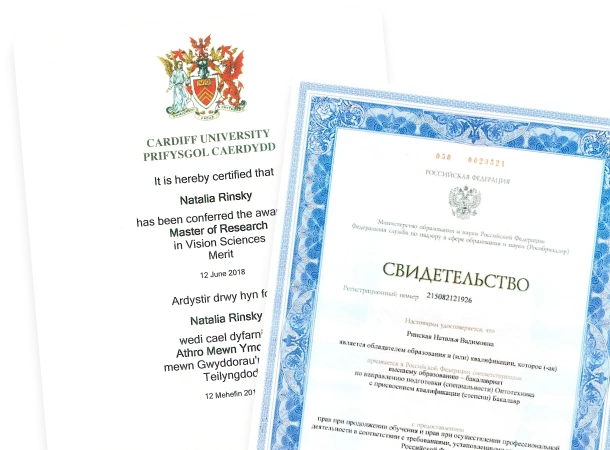
Other center projects
Our alternative channels dedicated to the nuances of selecting vision correction
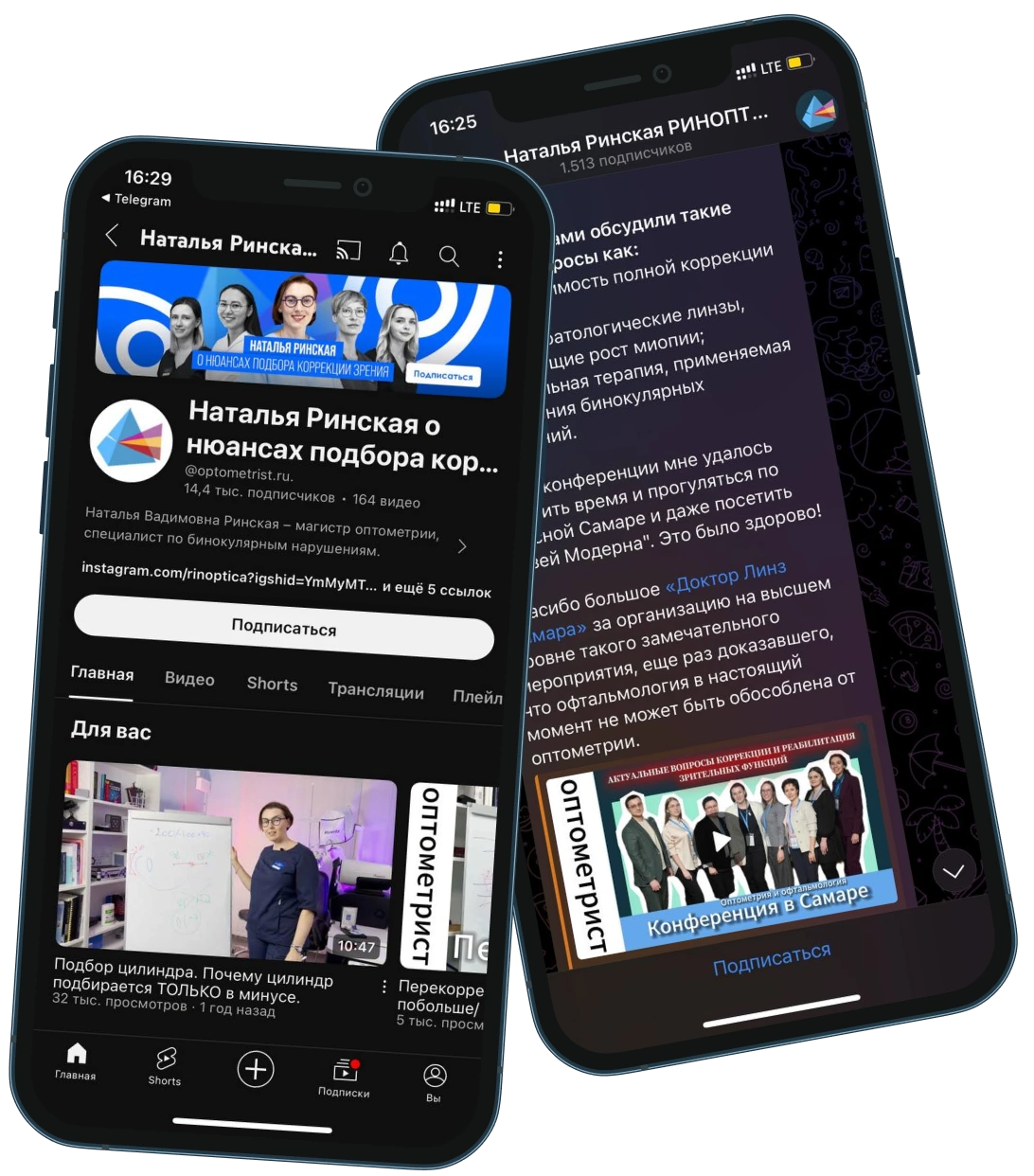
Natalia Rinsky Vision Correction Centre was founded in 2020 and is a logical continuation of the long-term activities of N. Rinsky, the only Master of Science in optometry in Russia
The Сenter operates according to the standards of the countries most advanced in optometry.
The clinic provides a full range of services related to the identification and correction of visual impairments, including binocular ones.
- lack of clear vision;
- double vision (diplopia);
- asthenopia;
- headaches;
- tension while vision is engaged extensively;
- nausea;
- motion sickness;
- impaired concentration;
- reduced reading speed and much more.

